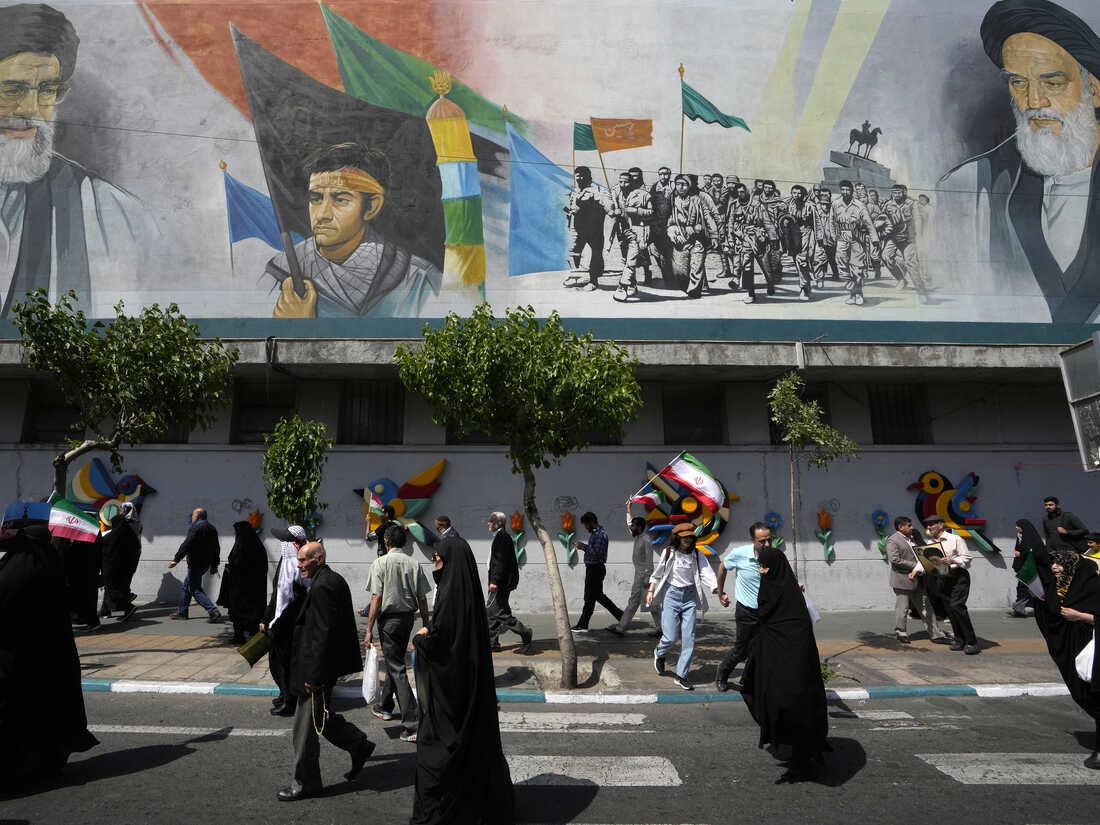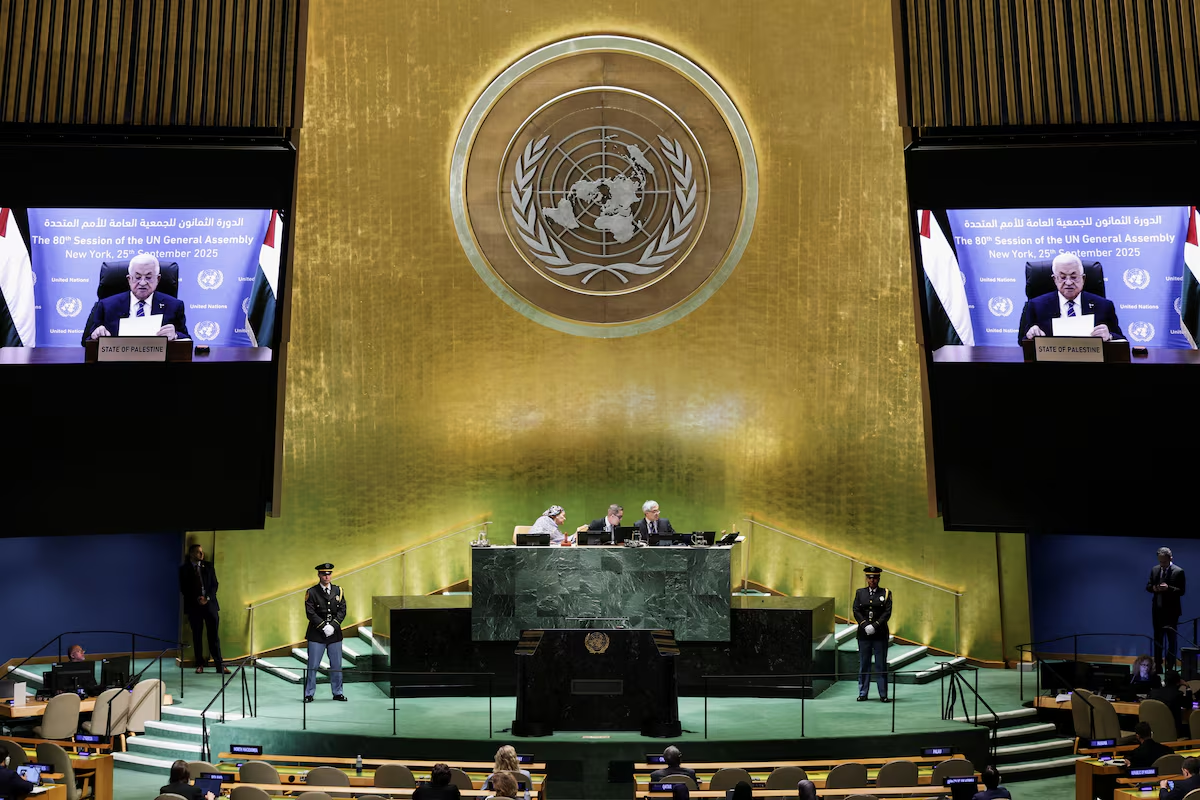Iran has recently launched hundreds of drones and missiles into Israeli territory after Israel bombed Iran’s embassy in Damascus, Syria. This turn of events marks a turning point in the feud between Iran and Israel and brings the possibility of devastating conflict to the region.
After conducting the strike on the Iranian consulate building in Damascus, Israeli spokespersons said that the building targeted was not a diplomatic structure and was instead used primarily for military purposes.
This attack reportedly killed seven Iranian officers who were in charge of anti-Israel operations. Many of those killed were high-ranking officials in Iran’s intelligence branch, which acted as coordination for the many proxies that Iran uses in combatting Israel.
However, as far as Iran is concerned, this was a major breach of international norms and an action of intense aggression. To Iran, this bombing was equivalent to an attack on Iranian soil.
“The Israeli regime’s crimes and cowardly terrorist attacks are a flagrant violation of the UN Charter, international law, and the foundational principle of the inviolability of diplomatic and consular premises,” Iranian officials stated on X, formerly known as Twitter.
This attack led Iran to call for condemnation of Israel by the international community and the U.N. — something that the U.N. Security Council did not do.
“The US, UK & France blocked Russia’s press statement! The double standard undermines the SC’s (security councils) credibility & sets a dangerous precedent,” Iranian officials stated on X.
Following these events, Iran retaliated by reportedly launching over 300 drones and missiles into Israeli territory. The Iranian government directly attributed this to the lack of international condemnation of Israel.
The United States, the United Kingdom, France and Jordan all aided in intercepting and blocking the Iranian drone and missile strikes. The drone strikes reportedly did little damage to Israel. The multinational commitment to the defense of Israel signifies that Israel still maintains its high status amongst Western governments.
“I’ve just spoken with Prime Minister Netanyahu to reaffirm America’s ironclad commitment to the security of Israel,” President Joe Biden said in an official statement.
Following these events, Iran has signaled that the nation wants these drone strikes to be the end of the conflict. Iranian officials also signaled a willingness to retaliate again— making it clear that they feel that they had sent the message they needed to send following the attack on their embassy.
“Should the Israeli regime make another mistake, Iran’s response will be considerably more severe,” Iranian officials stated on X.
Iran has claimed that it warned the U.S. prior to the attack, a claim that the U.S. denies. It is worth noting that the methods that the Iranians used to attack Israel were slow and noticeable, making it possible that the nation did not desire to cause damage but rather wanted to send a message.
Considering both the slow nature of the attack and the fact that Iran wants this to be the conclusion of the conflict, it is possible that Iran wants to avoid open conflict with Israel.
Israel however seems to be revving up for a retaliation. The nation has not given any consideration for restraint, despite calls from the international community. Considering the rhetoric of Israeli officials, Israel seems to be preparing for an attack.
“I have set a clear principle — whoever strikes us, we will strike him,” Prime Minister Benjamin Netanyahu said in an official statement.
The U.S. response to this has been to support Israel’s capability and right to defense. However, the Biden administration has said that it doesn’t wish to see any wider conflict in the region. The administration has not fully discussed what the U.S. position would be on an Israeli retaliation, but they have said that they would not participate in such actions.
Prior to these events, Israeli and Iranian conflicts have always been fought via Iranian proxies. The shift away from indirect military attacks and competition toward direct attack is a meaningful shift in the two nations’ relationship.
With both nations finding support from powerful allies and possessing powerful militaries of their own, a direct conflict between them would likely be catastrophic.
“I am deeply alarmed about the very real danger of a devastating region-wide escalation. I urge all parties to exercise maximum restraint to avoid any action that could lead to major military confrontations on multiple fronts in the Middle East,” United Nations Secretary-General, António Guterres, said in an official statement.
The future of these events is unclear. One thing is for certain — the actions and decisions of world leaders in relation to the conflict between Iran and Israel will set a major precedent for politics in the Middle East and the world.













